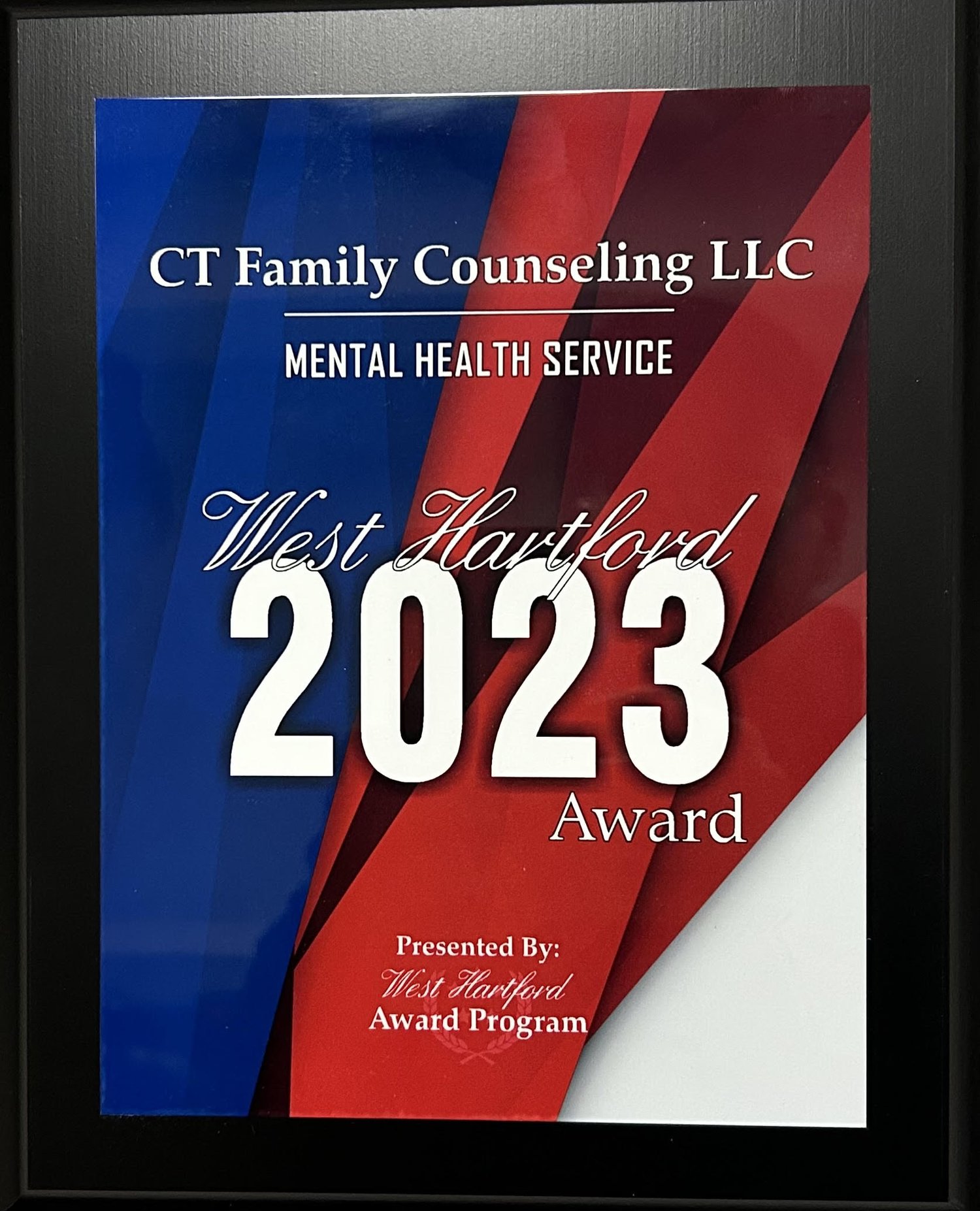Family Counseling
About
Families all have unique rules and ways of operating. It is truly fascinating to observe the different ways families function and how such ways create closeness and sometimes distance.
When working with families it can be quite effective to incorporate humor and creative interventions particularly where young children may be involved. There is often a perception that therapy must be stressful and packed with loaded and emotionally challenging inquiries. Yet many families do better when the mood is relaxed, informal and open to possibilities that allow families' best nature to emerge.
My work with families emphasizes:
a strength-based approach (not mental illness approach)
time efficiency to maximize our session's potential
assist families in identifying and tracking patterns
use of humor to soften difficult talking points
promote personal accountability for change to come
help clients stay in the present & future tense
use creative strategies to get clients to take action
Some of the issues that can be addressed in family are:
communication problems
anger management/conflict resolution
improved parenting practices
navigating through divorce and blended family
addiction issues (drugs, alcohol, gambling, porn)
loss and grief
families with chronic mental illness
stress from disability, job loss or death in the family
adolescent/teenage issues
lesbian, gay, bisexual, transgender and queer or questioning (LGBTQ) issues
job loss, retirement, life stage transitioning
Benefits of family counseling
There are many benefits to family counseling that cannot be experienced through individual or couples therapy. Because we live in a context, having all family members present gives a therapist a more accurate depiction of what the family looks like. This process allows all family members to be helpful in expressing their needs and concerns. In addition, it allows each family member the privilege of sharing and behaving in ways that more closely mirror their home-life behavior as opposed to hearing from one or two sources.
Family therapy is a process that enables each family member an opportunity to be heard and to share their perspective whereby the entire family can become an attentive audience. A therapist can then intervene in a way that acknowledges the many different viewpoints and account for how to address each.
When families begin counseling together it prevents any one family member from feeling singled out as the disruptive forcre that is interfereing with the total health of the family. Instead, it communicates the importance of all family members role in maintaining the health of the family system while illuminating the patterns that are preventing understanding and/or closeness from occuring.
Family therapy is only effective when family members are able to provide a space for each family member to feel relevant to the process. It is most effective when there is awareness and open consideration among all family as to the ways each can make changes or modifications to support the family's needs.
Sometimes when there are extenuating circumstances, it may be useful for couples or an individual parent to have an initial session prior to the onset of family therapy. This can allow clients an opportunity to express some of the unique challenges that may not necessarily be appropriate for children to hear.


